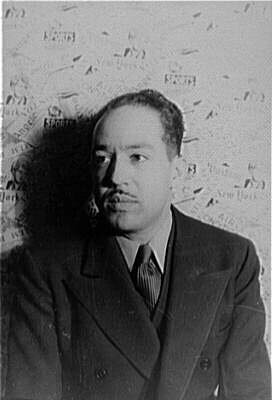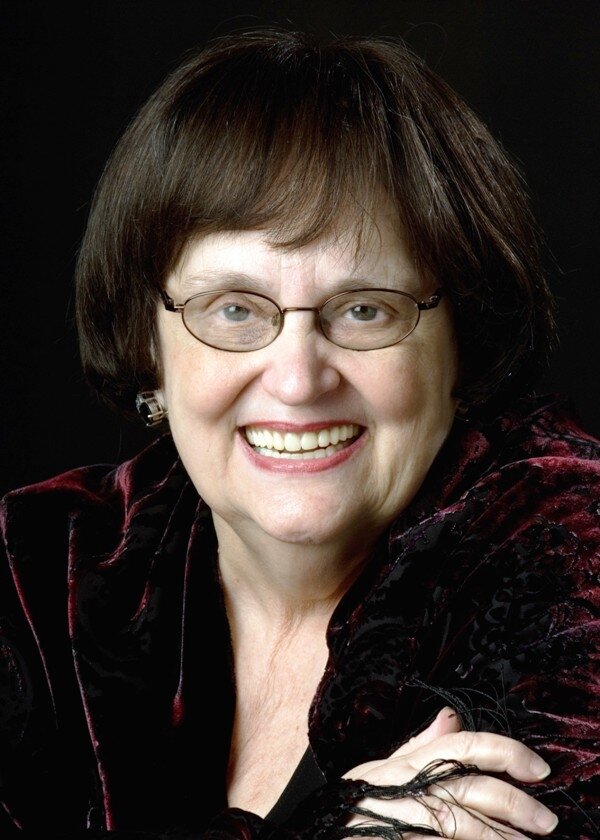Tupelo Press.
2013.
60 pages.
“Memory remembers matter remembers/ Make make make make” –Lee Sharkey
In The Book of the Dead, Muriel Rukeyser writes, “What three things can never be done? Forget. Keep silent. Stand alone.” In Calendars of Fire, Lee Sharkey refuses to be that historian or activist, tamed in middle age, no longer pained by injustice. In the title poem, she explains, “It was what I wanted, the sobering fire.” You may wonder how and why fire sobers, but then ask yourself, what do poets do best? They fight forgetting, silence, and isolation by paying attention—really paying attention, so much so that they make others nervous, including themselves. You may remember Tiresias from Greek mythology—the one who hit two mating snakes with a stick and became a woman for seven years. He was not only a blind prophet with a preference for burnt offerings but also a great listener to birds’ wisdom. “Tiresias at last,” a persona poem in six parts, is where Sharkey’s theme is most pronounced: “the will to keep silent that needs to speak” (“With birds on his shoulders”). In “Possession,” we learn Sharkey’s anti-poem is “A quiet in the face of it.”
The whole time I was reading Calendars of Fire, I kept thinking that Sharkey is a better person than I am. She isn’t intimidated by scale, and she doesn’t flinch from difficult reckoning. Her effort is noble, and the only way that noble can work is if it’s humble. Sharkey is humble, as we should all be with fire. When I was an early reader, nearly every book seemed to change my life. I remember that feeling, rather addictive, but I only have it once or twice a year now. What was the last book that changed your life? Calendars of Fire is a collection to heed.
If you believe that learning lasts a lifetime, then you are willing to be schooled by Sharkey.
Lesson #1: If you listen, then you’ll remember. It is never just the wind. That’s a lie for people to tell themselves when they have the shakes. Whether “the air already faltering, the wind’s petition,/ I had not heard the ones who whisper yet” (“The voice is the last we forget to remember”) or “Now the wind blows through me/ I tremble to face you” (“Ash pit under snow”), you can’t forget when you are willing to hear. What you hear is likened to a force—of nature, courage, and plea. However, being willing doesn’t make it easier. “Listening” opens, “Skin flours with ruin’s dust/ It wants us to close our eyes,/ it wants us to stitch our lips. . . Time rose and fell/ with the currents of my listening.” Today’s demands and expectations seem to be speeding up, but listening and remembering still can’t be rushed. We have not been able to find a time substitute for those. The best teachers make you want to act right, and that means due diligence and finding the time. A book like Calendars of Fire makes you crave more courage for yourself, others, and this shared life:
When I held the plate, I held the ones who remembered the plate
Of all those who remembered the plate, I still remembered
Women are for homes and opened graves
I listen softly, softly, to the ant beat of his heart. (“Possession”)
What is held is a connection that crosses borders and decades. So, too, there is violence and work in that heartbeat.
Lesson #2: Say what you see. History doesn’t go anywhere. Plenty have been denied, their humanity rejected. If you look, they will meet you:
If you remember a house that arose from fire
In Death’s walled face, the lids blink up
Eyes meet my gaze as if from a black backdropYou, the eyes say, well, the eyes say, pull, the eyes say
Say, they say, I’ve got no time don’t skirt around
I want what you know. The whole past rushes forward
Folded flat as a kerchief, opening to flower. (“Calendars of fire”)
No more looking away. No more illusions of safety. Sharkey’s repeated imagery of the apricot flowers remind us of the beauty, hunger, and vitality of fire. If you begin to know, and if you take history seriously, then what’s the reward for speech? She answers in the ending of “Its roundness curving to a cleft”: “When someone in the future makes an offering to the heart/ its ever-moment passes, hand to hand// Reticence the shell, joy the nutmeat/ The skin reluctance, joy the open mouth.” Here is another new joy and another hand to ours.
You can’t miss the literature concerning today’s paradox of connection, incriminating or defending social networks, high speed this-and-that, and the choice of wires instead of the physical. What if thinking about fire can change our assumptions of how connection can be sustained? We often forget that fire stimulates growth. With the sheer abundance of it all—videos and blogs abound at the ready, where a café can’t make it without free wi-fi—what is the relationship between our agency and attentiveness? What of war, of genocide, of lasting failure? Click something else, think about something for less than a minute. That onslaught of I-Can’t-Do-Anything fatigue is like no other. Too often we simultaneously whine and apologize with a parenthetical about our First World problems. In contrast, Sharkey offers political poems that don’t preach, divide, nor become leaden under exposition, never once coming across as more enlightened-than-thou. How many successful political poems stand the test? I can’t tell you how many poets have told me that they won’t feel like real poets until they can write a decent political poem. This inadequacy looms large. Look to Sharkey, not only as a reader and writer, but as a fellow fortunate, thinking person, forever fumbling, too. She takes on the task to reckon with explanations and accounts of personal loss and the war tragedies of ancient Greece, the Spanish Inquisition, Thran’s Evin prison, the Nazi Holocaust, and the Israeli/Palestinian conflict. She teaches us about forging a togetherness: “They shiver from the we in tenderness. It is inexplicable” (coda of “Atonement”).
Lesson #3: Whatever you do, it will never feel like enough. “Ash pit under snow” opens, “Is that all you can do for me?/ This is all I can do for you/ You with your hands gessoed in the material/surely you can braid a rope to guide me/through this blindness that surrounds you. . .” Genocide’s loss can’t be grasped by one person reading a book, and your effort won’t bring anyone back or prevent more death, but you still have to try. You can pay attention and hopefully connect. A poet can be that maker of connection; language can be that maker of connection. The connection can also be false, another propaganda, as history has proved time over. We know those who write can be fellow enforcers of oppression: “Where is the maker now that we are branded/ with what we call his voice// and whose the shadow voice beneath his, if it is his,/ breath that underlooms the listening?” (“The voice is the last we forget to remember”). What does language make? Who gets the power to tell a story? Sharkey is careful, as always, not to oversimplify or ignore difficulty and complexity. To pay attention is to labor “to gather stones from the speechless/ Tongues in the rock” (“By your intolerable acts of grace”). There will always be more stones, more rocks.
Lesson #4: Form is no afterthought. Calendars of Fire is an exemplary use of form to complement subject. The movement of the book through three sections is masterful: from sequencing, length variety, poems in series talking to the singletons, to the elegiac settings. Polyvocality is central in all fifteen poems, mixing dialogue and narrator, past and present, fact and lyric, victim and oppressor, chorus and individual, and Tiresias—seeing what is not meant to be seen—and of those who look away from suffering because it is not overtly their own. Look to these accomplished lines from “Sequestered”:
It prison’s name is almost a perfume
It flowers with apricot blossoms, enfolded in vaginal hills
Knives are sharpened. . .
I did it. I did it all. Tell me, so I can confess it. . .
Each cot has a bedskirt of slit-tongued questions. . .
Where is my daughter?. . .
Scarlet remnants, a plain gold rind. A bowl for kneading. . .
Each poem in Calendars of Fire is a “mouth cross-hatched with vowels” (“The voice is the last we forget to remember”). Each poem is open, giving and receiving. Sharkey knows a maker is active, sober. A maker seeks what she can learn from fire, and most of all, what she can remember to share with the rest of us.



